6 Key Nutrients Your Cat Needs to Stay Healthy
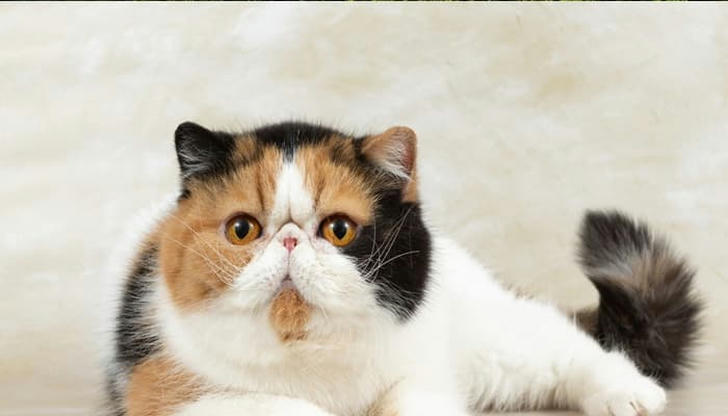
Picture this: you're standing in the cat food aisle, surrounded by rows of colorful cans and bags all boasting labels like "Premium," "Natural," and "Best Choice." It can feel overwhelming to decide what’s best for your furry friend.
Your cat can’t read the labels or make choices about their diet, so it’s up to you to pick the right food that keeps them healthy and happy. A proper diet plays a big role in their overall well-being, from their shiny coat to their playful energy.
Understanding the essential nutrients cats need will help you cut through the marketing buzzwords and find the best options. Even if you’re a seasoned cat owner, it’s worth refreshing your knowledge to ensure your feline companion is getting what they need to thrive.
Let’s dive into the six key nutrients your cat requires and how to make sure they’re included in their diet.
Why Cats Need a Balanced Diet
Cats are obligate carnivores, meaning they need nutrients that only come from animal-based proteins. Unlike humans, they can’t adapt to a plant-based diet, so meat is a must. Choosing the right food ensures they get everything they need for strong muscles, sharp minds, and silky fur.
The Six Essential Nutrients for Cats
1. Animal Protein: The Foundation of Feline Health
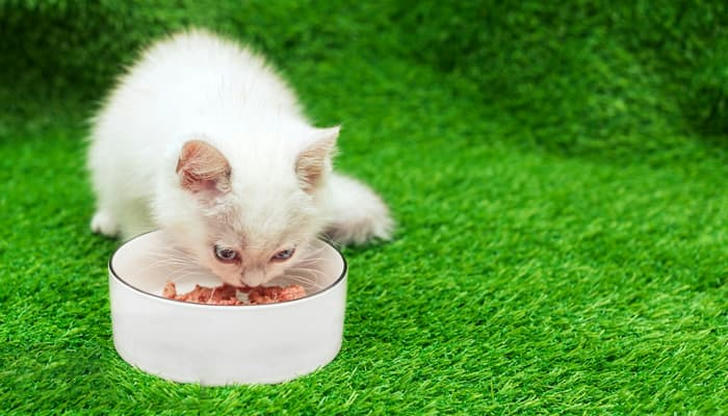
As obligate carnivores, cats depend on animal protein for their survival and well-being. Proteins are the building blocks of their bodies, playing a crucial role in forming muscles, skin, fur, blood, and even their heart. Additionally, proteins support hormones, enzymes, and immune function.
Good quality cat food will contain protein sources like chicken, turkey, beef, fish, or eggs. These proteins are vital for maintaining muscle strength, repairing tissues, and keeping your cat’s coat and claws strong. Veterinarians emphasize that a complete and balanced diet with animal protein is non-negotiable for your cat’s health.
2. Healthy Fats: Essential for Energy and Vitality
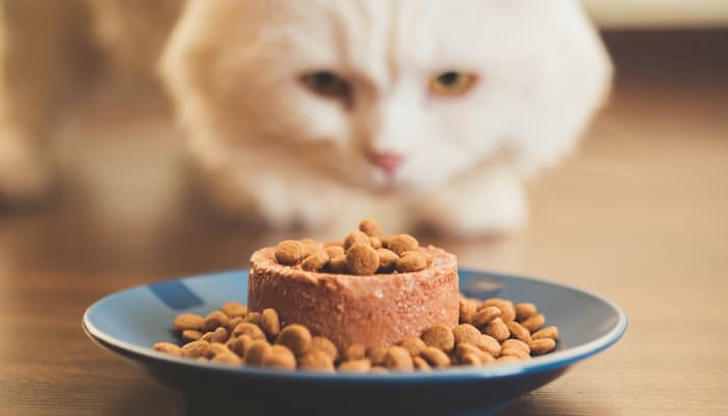
Fats provide the primary energy source for cats and support many critical functions. “Good fats” include those naturally found in meat and fish, along with omega-3 and omega-6 fatty acids, which contribute to skin health, a shiny coat, and vitamin absorption.
Essential fatty acids can only be obtained through diet, so make sure your cat’s food includes ingredients like fish oil or animal fat. A pet nutrition expert notes that fats help cats maintain body temperature, support their immune system, and promote proper nutrient absorption.
3. Carbohydrates: A Source of Quick Energy
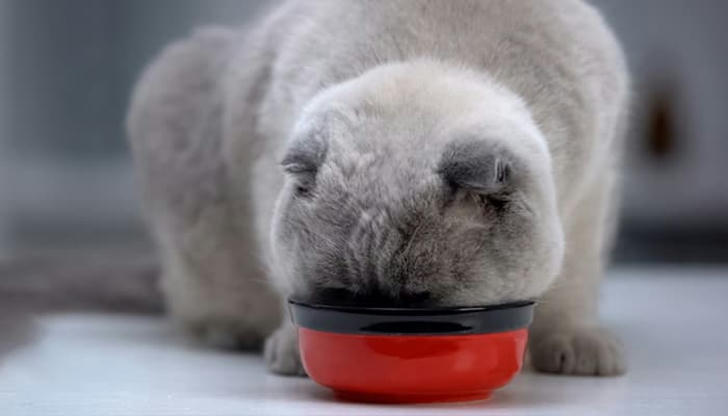
While cats don’t require carbohydrates in large amounts, carbs still serve an important purpose. They provide quick, digestible energy that keeps your cat active and playful. Carbohydrates from sources like rice and wheat are often included in cat foods, as they are easily absorbed by a cat’s body when properly processed.
Avoid feeding your cat carbs from raw legumes or other unprocessed grains, as these can be hard to digest. A little bit of high-quality carbohydrate in your cat’s diet can complement the proteins and fats, ensuring a balanced energy supply.
4. Water: The Often-Overlooked Essential
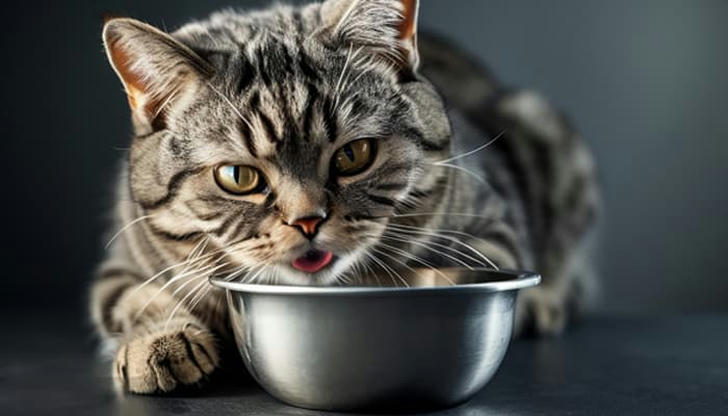
Cats naturally drink less water than they need, as they evolved to get most of their hydration from their prey. However, modern cats often need extra help staying hydrated. Water supports vital functions like nutrient transport, temperature regulation, and toxin elimination.
Wet food is a great way to increase your cat’s water intake since it typically contains 78–82% water. In addition to serving wet food, always provide clean, fresh water for your cat. A pet care specialist advises using wet food as a full meal or a topper for kibble to ensure your cat stays hydrated throughout the day.
5. Vitamins: The Key to Vital Functions
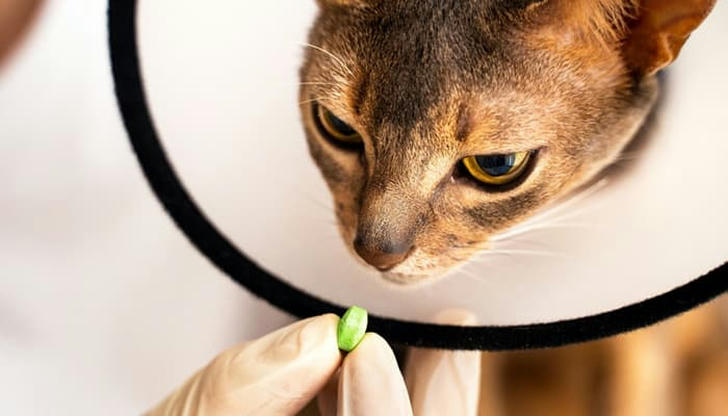
Vitamins are vital for your cat’s overall health, but they need to be provided in the right amounts. Most high-quality cat foods include these nutrients, but knowing their purpose can help you make informed choices.
Vitamin A:
Essential for maintaining strong vision and a healthy immune system. It’s stored in fat or the liver, so too much can lead to health problems. Vitamin A should only be supplemented under the guidance of a veterinarian.
Vitamin D:
Known as the “sunshine vitamin,” it supports bone, nerve, and muscle health by regulating calcium and phosphorus levels. Since Vitamin D is also stored in the body, moderation is crucial.
Vitamin B Complex:
This group of water-soluble vitamins includes B1, B2, B3, and B6, each playing a unique role:
B1 (Thiamine): Aids in energy production and nerve health.
B2 (Riboflavin): Promotes healthy skin and fur, as well as energy metabolism.
B3 (Niacin): Supports the nervous and digestive systems, as well as skin health.
B6 (Pyridoxine): Helps produce energy and red blood cells while maintaining a strong immune system.
Cats can’t store water-soluble vitamins like B vitamins, so regular replenishment through their diet is necessary. A veterinarian can help ensure your cat’s food provides the right balance.
6. Minerals: Essential Building Blocks for Health
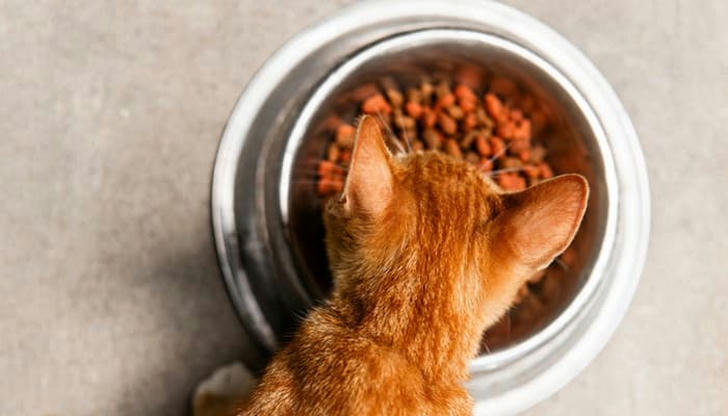
Minerals are crucial for your cat’s body to function properly. They support bone development, oxygen transport, and enzyme activity. Here are the most important ones to look for in their diet:
Iron:
This mineral is vital for preventing anemia and is often found in meats and fish. Iron deficiency can make cats lethargic, so ensuring it’s part of their diet is key.
Calcium:
Best known for supporting strong bones and teeth, calcium also aids muscle function, blood clotting, and nerve communication. Calcium-rich foods like eggs or dairy can help prevent deficiencies, which could otherwise lead to brittle bones.
Magnesium:
Necessary for bone growth, energy production, and enzyme function. Magnesium deficiencies are rare but can cause muscle weakness if they occur.
Sodium and Chloride:
These minerals maintain proper hydration, help transport nutrients, and aid digestion. While sodium levels in most cat foods meet nutritional guidelines, excessive amounts may temporarily increase thirst.
